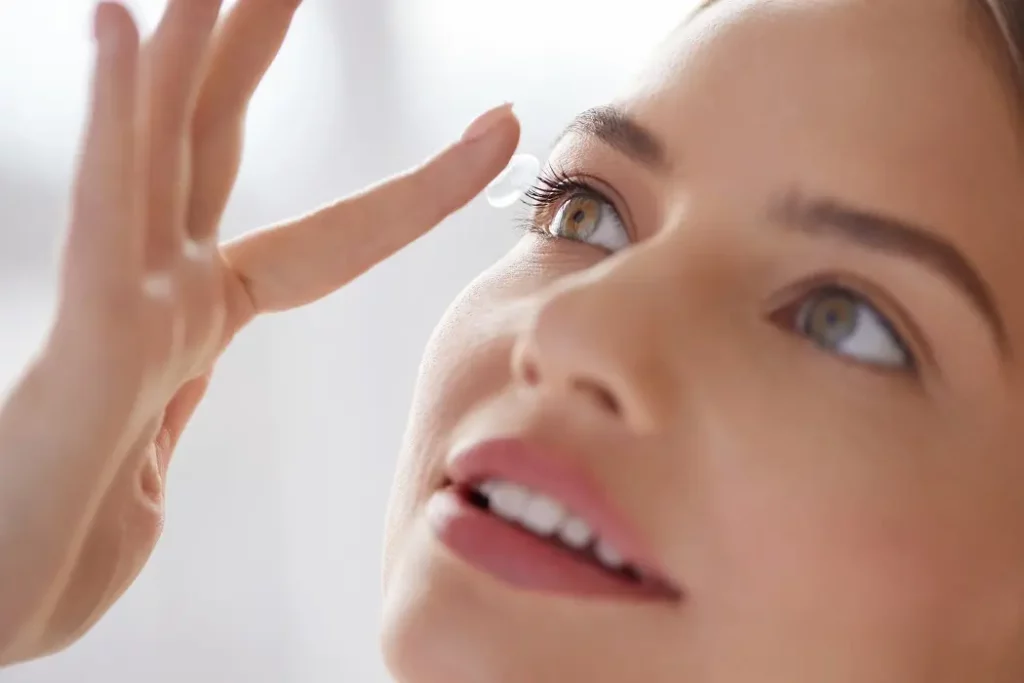Featured
Table of Contents

Routine eye evaluations are crucial for maintaining good vision and spotting potential eye health and wellness problems early. Nonetheless, the regularity of these tests can vary substantially based upon a person's age, way of living, and overall health. Recognizing the advised schedule for eye tests can assist make sure that people of all ages obtain suitable care and surveillance for their eye health.
Infants and Toddlers (0-2 Years)
For infants and toddlers, eye exams are crucial for discovering any potential vision problems at an early stage. The American Academy of Ophthalmology suggests that a child's first eye exam must happen at around six months old. Throughout this initial go to, the eye treatment expert will certainly evaluate the kid's aesthetic growth and check for any type of obvious eye issues.Following this initial examination, it is advised that children have an additional eye examination at age three. This go to will certainly concentrate on examining the youngster's general visual feature, consisting of eye positioning and the capacity to track things. If no problems are detected, the next examination needs to be set up before the youngster begins college, normally around age five or six.
School-Aged Kids (6-18 Years)
Normal eye examinations must be scheduled every one to 2 years as soon as kids reach institution age. Vision is critical for learning and development, and several colleges carry out vision screenings. These screenings do not replace a detailed eye exam by an eye treatment specialist.For kids included in tasks or sports requiring significant visual focus, annual eye tests may be recommended. In addition, if a child shows indications of vision problems-- such as difficulty reviewing, squinting, or regular frustrations-- a browse through to the eye physician need to be set up immediately.
Young Person (19-39 Years)
Youthful grownups usually have fewer vision adjustments than older age, yet regular eye tests continue to be essential. The general suggestion is to set up an eye examination every 2 years throughout this period. People with certain risk factors-- such as a household history of eye disease, diabetes mellitus, or those who use get in touch with lenses-- ought to consider annual eye examinations.In addition, those that spend considerable time on electronic tools might experience digital eye strain. If symptoms such as dry skin, tiredness, or obscured vision happen, it might be important to see an eye care expert sooner.
Grownups (40-64 Years)
As people get in midlife, the probability of developing vision issues rises. Grownups aged 40 to 64 ought to schedule eye exams every one to 2 years. This age team might begin to experience presbyopia, a natural age-related condition that makes it testing to concentrate on close items. Eye exams can additionally assist detect other typical age-related problems such as glaucoma, cataracts, and macular deterioration.If individuals in this age have danger variables like high blood pressure or diabetic issues, they may call for even more regular assessments to check their eye health carefully.
Senior Citizens (65 Years and Older)
For seniors, routine eye examinations become also extra essential. The American Optometric Organization recommends that individuals matured 65 and older have an eye examination at the very least annually. Older adults are at a higher threat for different eye illness, consisting of cataracts, glaucoma, and age-related macular degeneration. Early discovery and therapy of these problems can prevent vision loss and boost the high quality of life.Conclusion.
Comprehending the ideal schedule for eye examinations based on age is essential for keeping optimum eye health and wellness throughout life. By sticking to these standards and consulting with an eye treatment specialist, people can take aggressive actions towards preserving their vision and total health and wellness.Latest Posts
Leading Patterns in Customized Furniture Layout for 2025
Published Jan 28, 25
0 min read
Living Room Furnishings Styles
Published Jan 26, 25
0 min read
Experience the Boogaloo: Dining, Drinks, & Sports at FunCity Resort
Published Jan 26, 25
2 min read